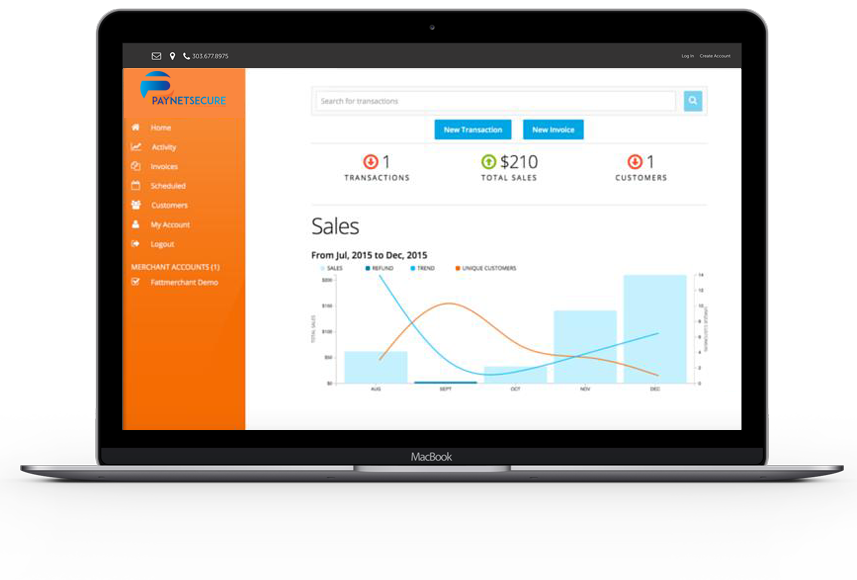The newest fraud being perpetrated against banks and their customers is called ag (MitP).
In MitP attacks, the fraudster impersonates a bank representative calls the bank’s customer to and says that the customer’s savings, checking or card account has have been breached or compromised. The impostor asks the customer to remain on the line and verify a few account details.
At the same time, the fraudster calls customer’s bank and connects the customer with a real bank representative while the fraudster remains muted on the line. The real bank representative requests authentication information, such as social security number, passwords and other personal information.
Once the personal information is provided, the fraudster quickly disconnects the bank from the conference line and tells the customer that the issue has been resolved. The fraudster is now in possession of the customer’s personal information and can take over the customer’s phone banking relationship and transfer money out of the customer’s accounts.
Consumers should never talk with any caller who requests to ‘verify’ banking information. Consumers either hang up immediately or tell the caller that they will call the bank at the number listed on the back of the consumer’s ATM, debit or credit card.
The use of a high risk payment gateway goes a long way in protecting you against fraudulent transactions.
For more information, contact info@paynetsecure.net
